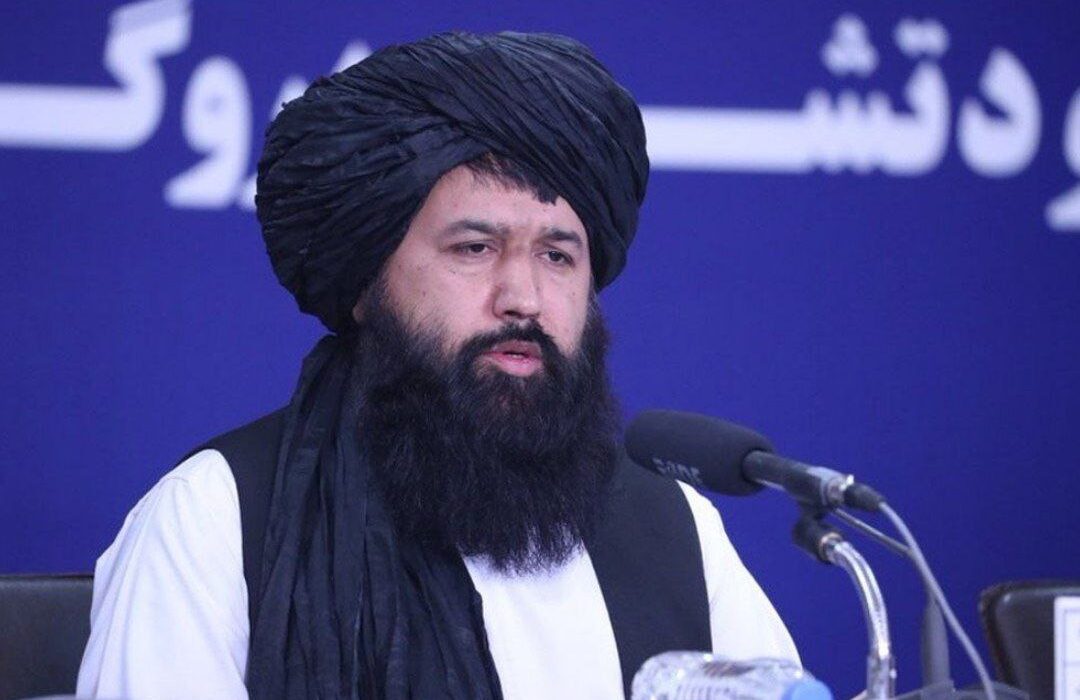Recent comments by Neda Mohammad Nadeem, the Taliban’s Minister of Higher Education, regarding the prohibition on discussing women’s education have sparked widespread criticism both within Afghanistan and internationally.
During a recent meeting, Nadeem stated that questions about the reopening of schools and universities for girls were “suspended until further notice,” along with the education itself. His remarks have drawn strong reactions from the public.
Shahzad Akbar, Executive Director of the organization Ravadari, expressed his dismay on social media platform X, hoping that the Taliban would end their “exploitation of religion” for political purposes.
Rahmatullah Nabil, a former head of Afghanistan’s National Directorate of Security, criticized the Taliban’s stance on education, suggesting that the group’s understanding of what is permissible and forbidden, particularly regarding education, is fundamentally flawed. “The Prophet Muhammad (PBUH) said that what is lawful and unlawful in Islam is very clear,” Nabil wrote on X, “but for the Taliban, it seems unclear, especially when it comes to women’s education.”
Many Afghan citizens, particularly women and girls, have expressed their frustration, accusing the Taliban of deceit. “After three years, it is clear that the Taliban have been lying about reopening schools,” wrote one social media user.
Maryam, a resident of Herat, echoed these sentiments: “It seems the schools will never reopen. If they were going to, it would have happened by now. If they don’t reopen, the future for women will be bleak.”
The Taliban’s recent restrictions include a decree defining women’s voices as “awrah” (a concept in Islamic law related to parts of the body that must be covered), effectively barring them from speaking in public spaces where men are present. This new law has faced significant backlash both domestically and internationally.
The National Resistance Front of Afghanistan issued a statement condemning the law, calling it a reflection of the Taliban’s “tribal and primitive mindset,” which they said is in stark contrast to the practices of nearly two billion Muslims worldwide.
Hanif Atmar, former Afghan Foreign Minister, and Ali Ahmad Jalali, former Interior Minister, have also denounced the law. Jalali described the Taliban’s “morality law” as a “disgrace” that effectively imprisons women. He added, “This law shows there is no ideological difference between ISIS and the Taliban. Such thinking could push young people toward violent extremism both in the region and beyond.”
Australia’s Foreign Minister, Penny Wong, also condemned the Taliban’s actions, stating that her country “strongly opposes the Taliban’s efforts to silence the voices of Afghan women and girls.” Wong highlighted that the new decree bans the public display of women’s uncovered faces and their voices.
Meanwhile, Mohammad Khalid Hanafi, a key Taliban figure, has begun provincial tours to rally support for the new law among local elders and religious scholars. During a visit to Sar-e Pol province, he urged community leaders to help enforce the law and assist the Taliban’s morality enforcers.
The United Nations Assistance Mission in Afghanistan (UNAMA) and the German Foreign Ministry have also criticized the new law. Hollywood actress Angelina Jolie joined the chorus of condemnation, stating on Instagram, “A regime that criminalizes the gaze, voice, and power of women is cowardly and oppressive.”
In addition to other restrictions, the Taliban’s new law categorizes women’s voices as “awrah,” effectively barring them from speaking in public spaces where men are present.





